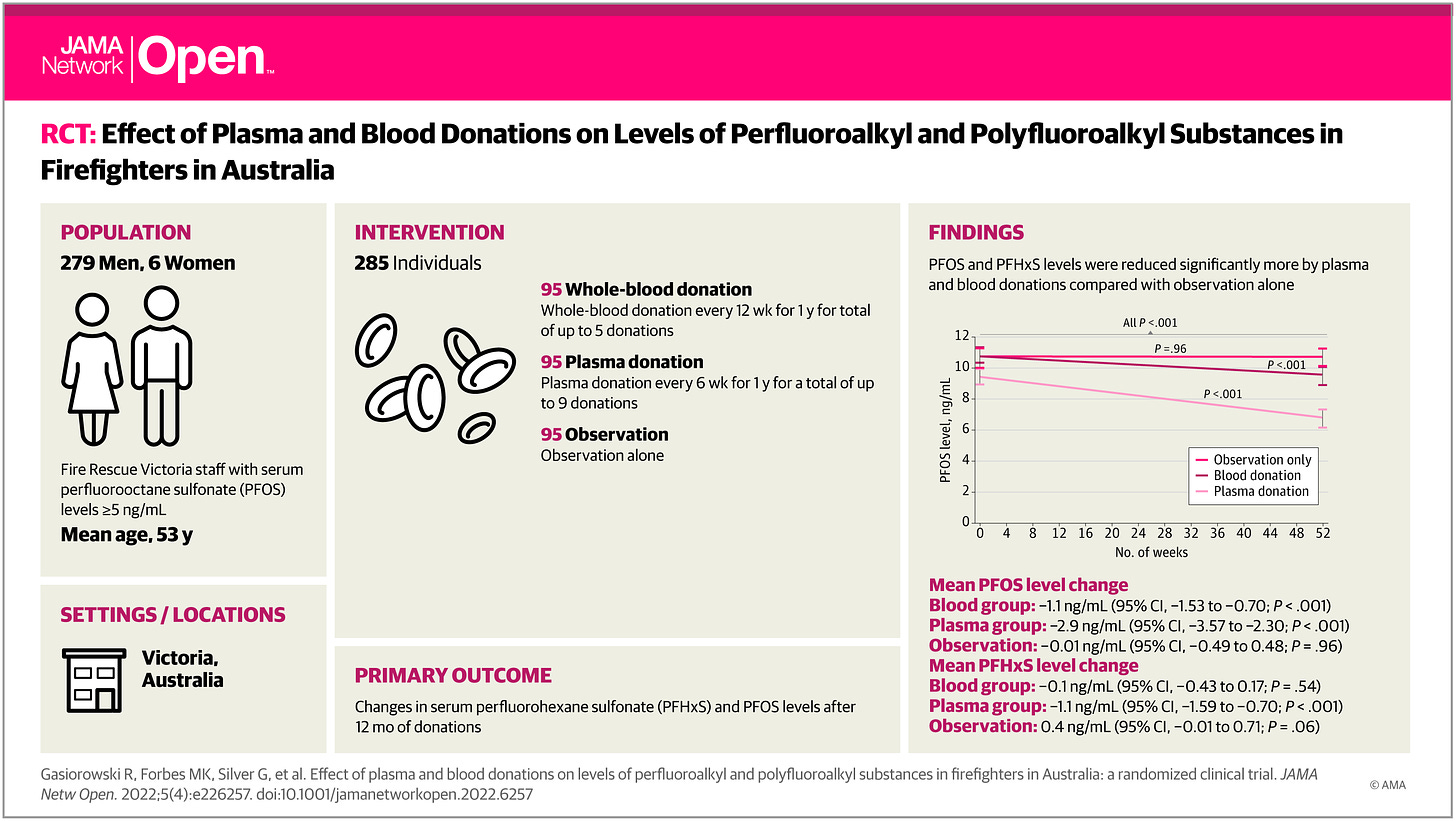Personal Science Week - 9 Jun 2022
More about blood: testing suggestions, why you should donate, and the importance of skepticism.
Last week we recommended the cheapest place for regular blood testing. This week we suggest you follow up with Inside Tracker. A free account there will let you upload your blood results and give you diet and lifestyle suggestions based on their proprietary algorithms. Of course, Inside Tracker offers their own, more comprehensive blood tests for between $200 and $500, but the Bring Your Own option will let you see their recommendations using the results you already have. Plus, they generate a handy table of all your results you can download as a CSV file. Try it!
Speaking of blood
Your human ancestors regularly gave blood, in the form of injuries from accidents or from violence. It happened often enough that your body evolved to expect regular blood loss — and renewal through new blood cell generation. When your blood cells don’t renew, they get stale.
Fortunately, there’s an easy way to renew your blood: give through your local donation center. A years-long study of 300 firefighters in Australia found that those who donate regularly have fewer blood toxins. While you’re there, ask about apheresis, a slightly more complex process that provides an important material for scientific research and more.
Bigger studies, no effect
After replicating with much more data a high-cited CDC study, a team from the University of Toronto and UC-Davis found none of the effect praised by the original researchers.
"Our study demonstrates that observational studies of interventions with small to moderate effect sizes are prone to bias caused by selection and omitted variables", they conclude.
This particular study dealt with the effects of school mask mandates -- a subject with obviously enormous consequences to millions of people. Yet, despite all the worldwide attention on such a crucial issue, a reputable scientific organization presented findings that were wrong. Imagine what happens when the stakes are much lower, on a disease or condition that affects fewer people. Who can you trust?
Personal Scientists trust no one. Yes, read the studies and yes, listen carefully to experts, but ultimately you have to make up your own mind. Don't be prone to "bias caused by selection and omitted variables". (Read more discussion at Hacker News)
About this newsletter
Personal Science is the process of using the scientific method to solve problems and get better results on an individual, personal level. Following the motto of the Royal Society, established in 1660, nullius in verba, we take nobody’s word for it.
This newsletter is a weekly summary of a few observations we think will be interesting to anyone who wants to be a personal scientist. Press the button below to share a (free) subscription with others.




